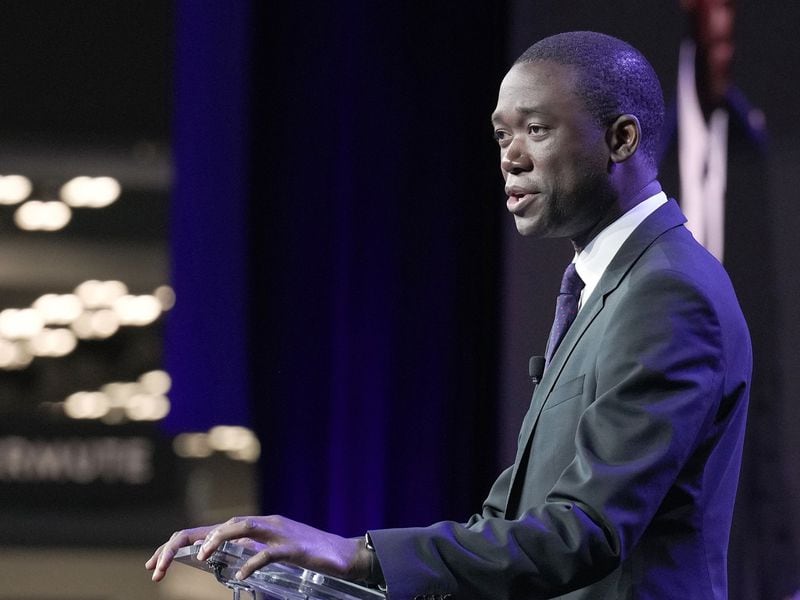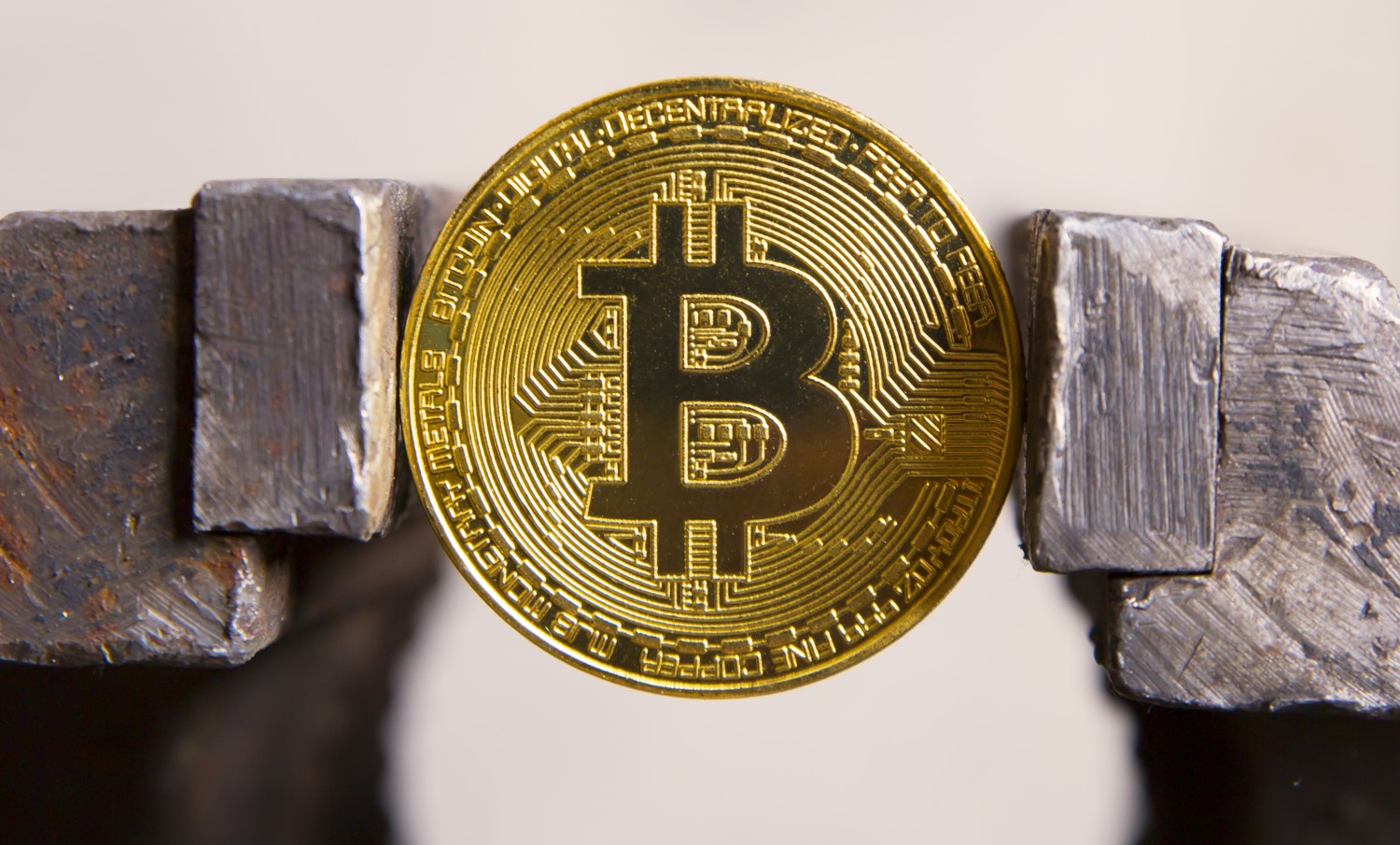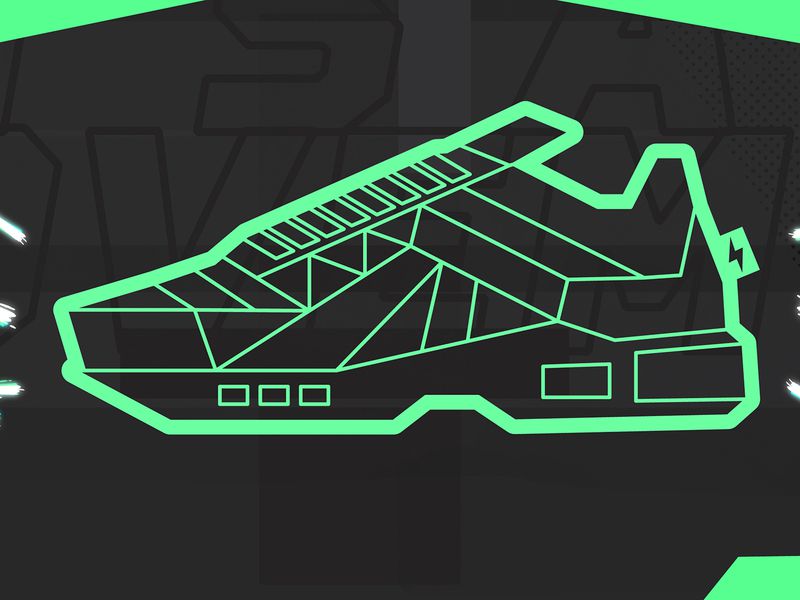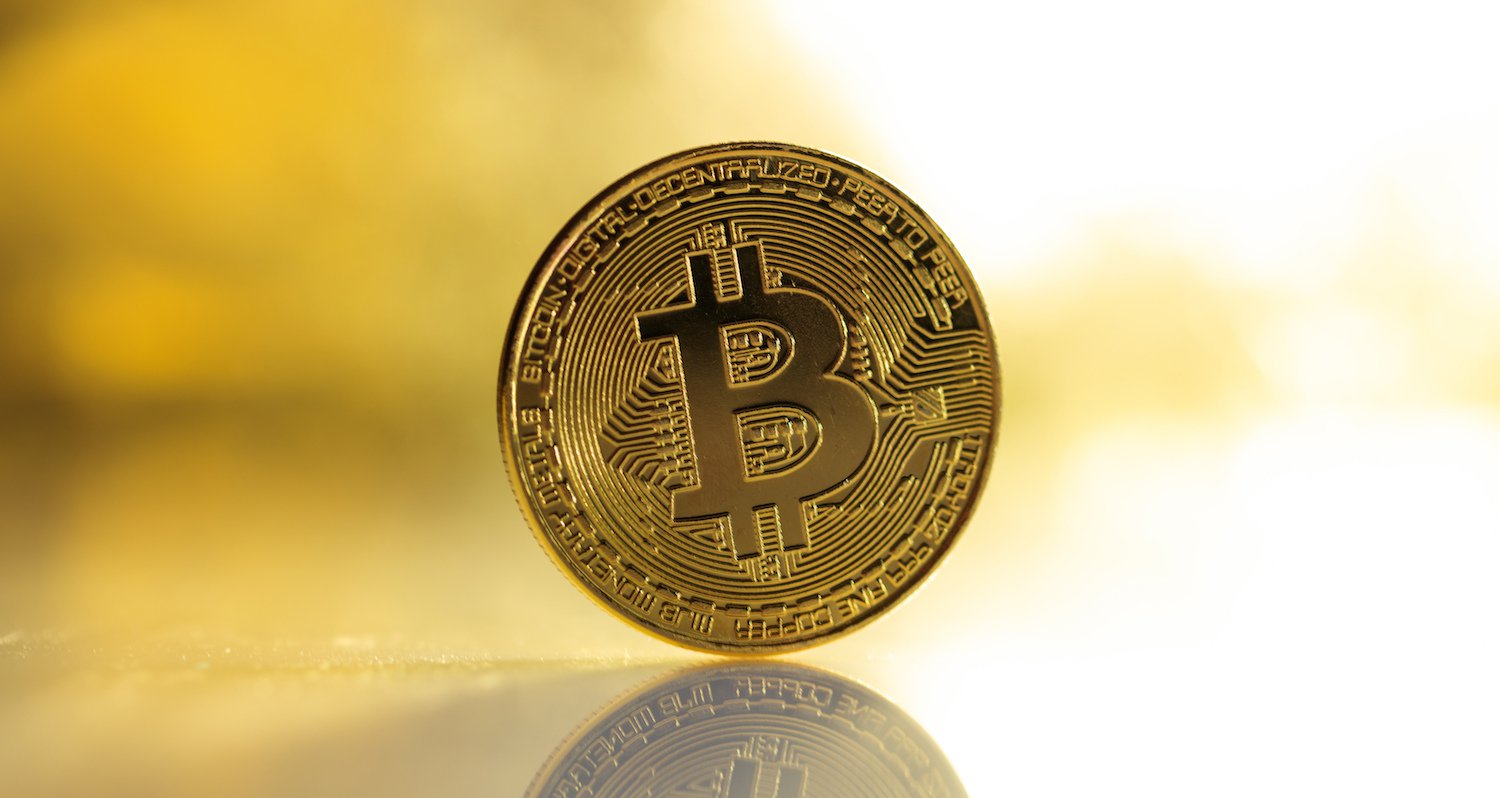Mt.Gox
Launched in 2010 Mt. Gox was the world’s largest bitcoin exchange until its demise in 2014.
By 2013, the Japan-based exchange was handling 70 percent of all bitcoin trades worldwide, but collapsed in 2014 after it was revealed that it had lost 744,408 of its customers’ bitcoins and 100,000 of its own bitcoins, amounting to the loss of approximately 7% of all bitcoins at the time.
Programmer Jed McCaleb, who later co-founded Ripple and Stellar, was the original owner of the mt.gox domain. Mt. Gox was an abbreviation for “’Magic: The Gathering Online Exchange,” as McCaleb initially purchased the domain with the intention of creating an exchange for “magic” cards associated with the trading card game. McCaleb later converted the site into a bitcoin exchange, and after about a year of operation, sold it to programmer Mark Karpelès in March 2011.
In June 2011, a hacker initiated a massive sell-off of bitcoin from a compromised user account, leading the price of bitcoin to plummet on the exchange. The hacker also stole details from 60,000 mt.gox users.
In March 2013, the bitcoin blockchain temporarily split into two, with differing rules upon how transactions could be accepted – this caused Mt.Gox to halt bitcoin deposits.
In May 2013, a business partner, CoinLab, sued the exchange for $75 million for breach of contract. The companies had previously agreed that CoinLab would take over Mt.Gox’s North American customers, but CoinLab alleged that this never materialized. During the same month, the U.S. Department of Homeland Security forced payment processor Dwolla to suspend transactions to and from Mt. Gox’s account.
On Feb. 7, 2014, Mt. Gox stopped all bitcoin withdrawals, claiming an increase in withdrawals was creating technical problems. On February 24th, the exchange suspended all trading and the website went offline, that same week a document leaked revealing 744,408 BTC was stolen from customers in a hacking incident. Another 100,000 of Mt.Gox’s bitcoin was also missing. It later discovered approximately 200,000 BTC in an old-format bitcoin wallet.
On Feb. 23, CEO Mark Karpelés resigned from the board of the Bitcoin Foundation, and all previous posts from the Mt. Gox twitter account had been deleted.
Five days later Mt.Gox filed for bankruptcy claiming a debt of $63.6 million. In April 2014, it filed for liquidation. Attorney Nobuaki Kobayashi was appointed as the exchange’s bankruptcy trustee to administer and dispose of its assets.
Mark Karpelés was arrested in Japan on August 2015 with charges of fraud and embezzlement. He was released on bail in 2016, but in March 2019, Karpelés was found guilty of falsifying data reflected in Mt. Gox bookkeeping while found not guilty of embezzlement and breach of trust.
In 2017, several Mt.Gox creditors filed a petition for the commencement of civil rehabilitation proceedings against Mt. Gox. with the Tokyo District Court. A judge approved the petition in 2018 and stayed the previously ongoing bankruptcy proceedings.
When Mt. Gox filed for bankruptcy, creditors filed claims as to how much they should receive in recompense. CoinLab originally claimed $75 million, the amount it had sued Mt. Gox for in 2013 for breach of contract. However, when civil rehabilitation proceedings commenced, creditors had to refile their claims. All other creditors refiled for their original claims except CoinLab, which reportedly increased its claim to $16 billion. Creditors will reportedly be unable to vote on a civil rehabilitation plan until Coinlab’s claim is assessed by a bankruptcy judge, delaying the proceedings indefinitely.
Additionally, in 2019, two plaintiffs filed a lawsuit against Jed McCaleb (the original owner of Mt. Gox) and accused him of “negligent” and “fraudulent” misrepresentation of the exchange, and knowingly hiding security issues – which in part, the plaintiffs claim – led to their loss of bitcoin when the exchange was hacked in 2014.
Also in 2019, crypto entrepreneur Brock Pierce launched Gox Rising, which aims to bring together Mt. Gox’s creditors and submit a civil rehabilitation plan to the Tokyo District Court. Gox Rising also aims to relaunch Mt.Gox as an exchange.
Resources:









